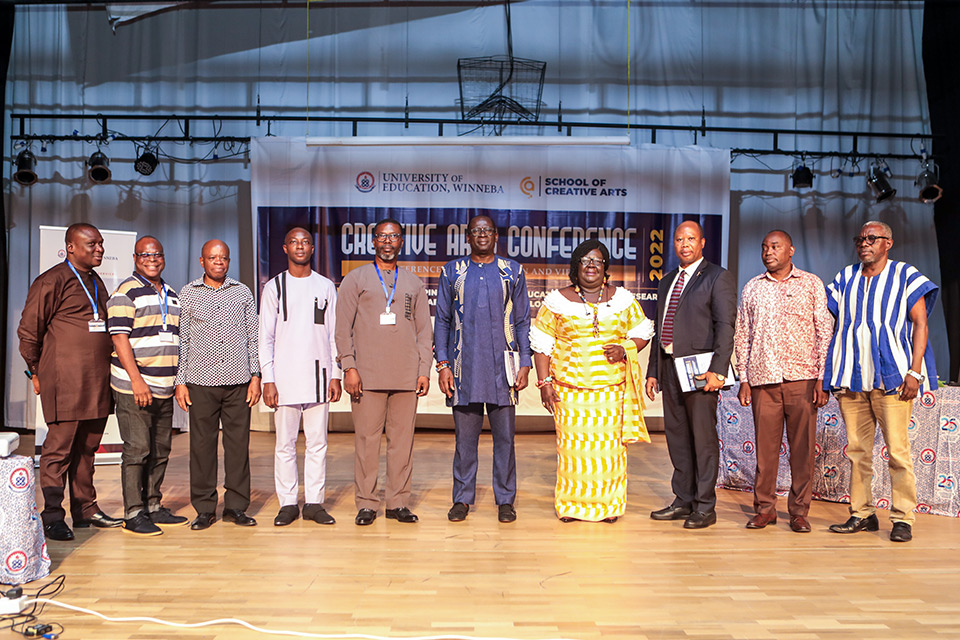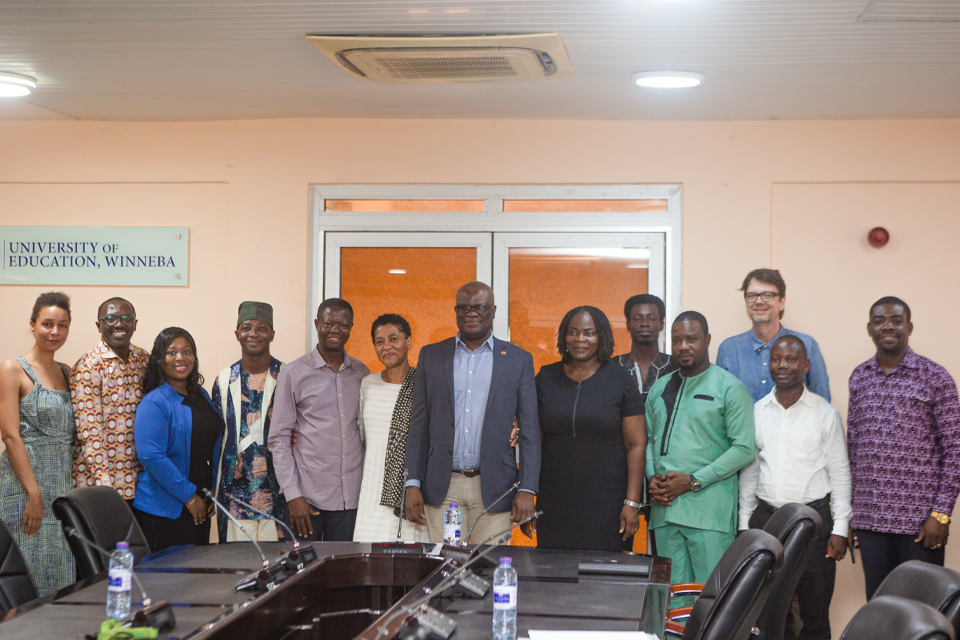SCA-UEW Hosts Lunchtime Event on Intellectual Property
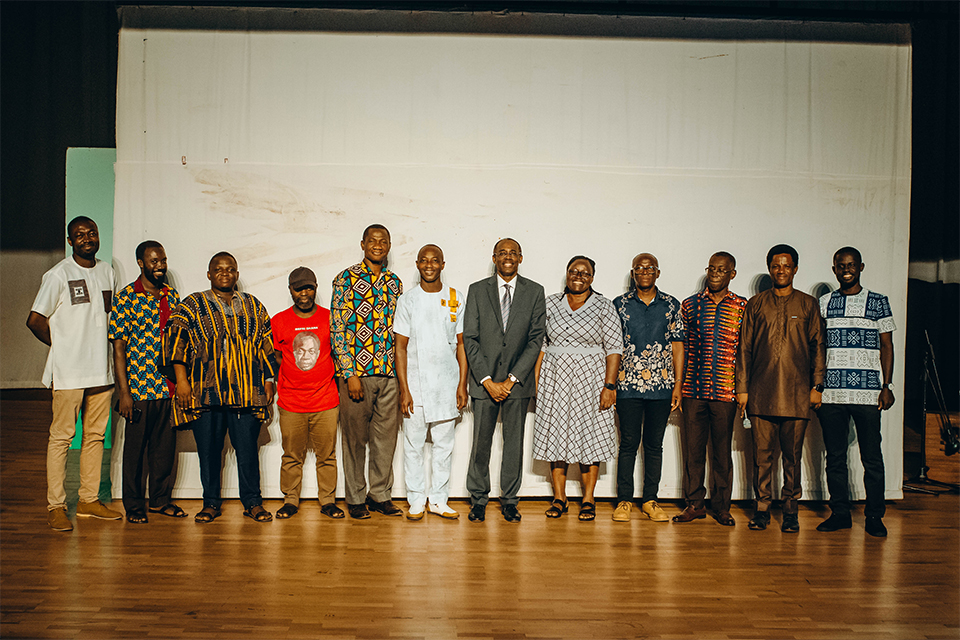
The School of Creative Arts at the University of Education, Winneba (SCA-UEW), hosted a lunchtime event on intellectual property with a renowned expert, Dr. Edward Kwakwa, Senior Official at the World Intellectual Property Organisation (WIPO).
The event, attended by faculty, students, and guests, highlighted the growing significance of intellectual property in today’s world and its impact on economic and creative development.
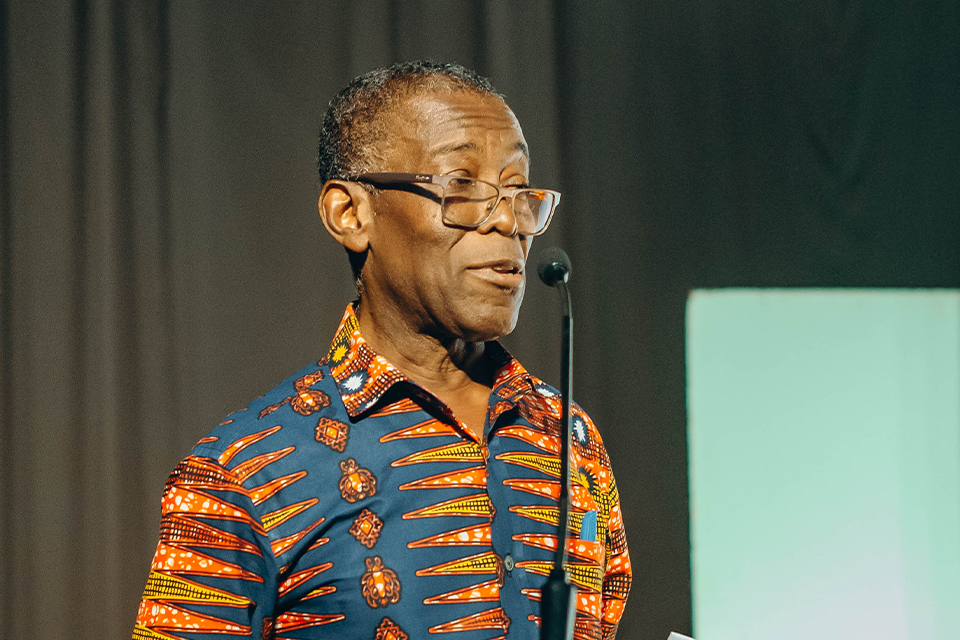
Dr. John Francis Annan set the tone for the special occasion, expressing excitement. Dr. Annan underscored the uniqueness of the gathering, noting that it was not an ordinary lunchtime experience. He emphasised the honour of hosting Dr. Kwakwa, a global authority in intellectual property, who had traveled from Geneva to share his expertise. “This is the first university to invite him from Geneva,” he proudly stated, highlighting the event’s significance.
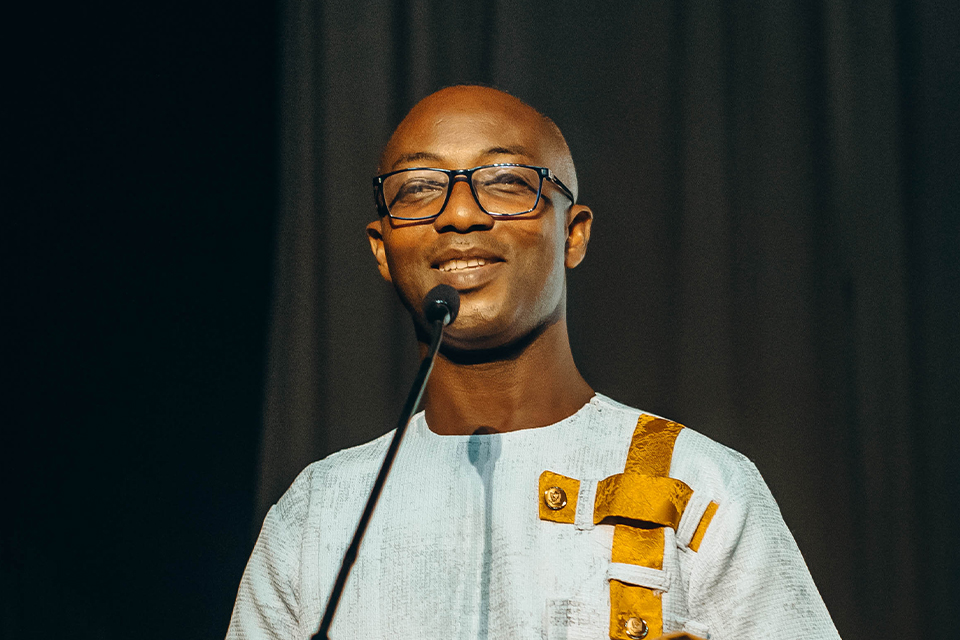
Chairing the programme, Prof. Emmanuel Obed Acquah, Dean of SCA-UEW, reinforced the critical role of intellectual property beyond legal frameworks, noting its importance in fostering innovation, creativity, and economic growth. “People often think intellectual proprty is all about law, but it is the foundation on which artists, researchers, inventors, and businesses thrive,” he remarked. He pledged his commitment to ensuring a successful discussion and encouraged participants to engage in the discourse actively.
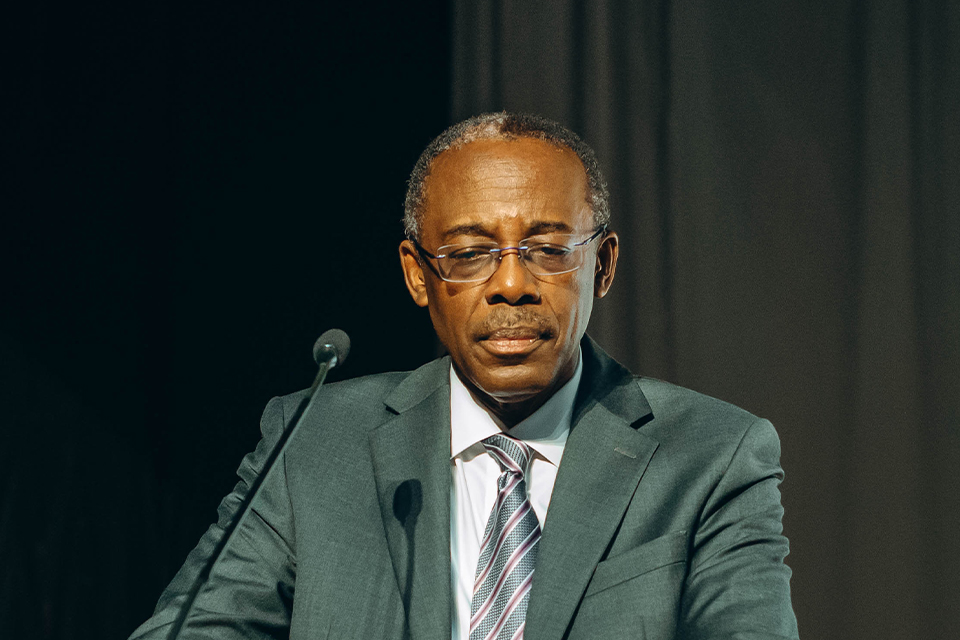
In his keynote lecture, Dr. Edward Kwakwa provided a comprehensive analysis of the significance of intellectual property in tackling global challenges, such as climate change and technological advancements. He effectively countered the misconception that intellectual property is solely pertinent to developed nations, underscoring increasing utilisation of intellectual property systems in developing countries to promote innovation and drive economic growth.
“Intellectual property is a powerful tool for development in the global south, not just for wealthy nations,” he noted, citing Ghana’s recognition of Kente cloth and Shea butter as key examples of leveraging intellectual property for cultural and economic preservation.
Dr. Kwakwa also highlighted WIPO’s ongoing initiatives, including WIPO Green—a platform connecting the public and private sectors to combat climate change—and the 2024 treaty on intellectual property, genetic resources, and traditional knowledge. The treaty, he explained, represents a historic milestone in ensuring fair recognition of indigenous contributions to global innovations. “This treaty, the first to explicitly mention indigenous people, is a testament to WIPO’s commitment to fairness and inclusivity,” he stated.
Dr. Kwakwa delved into the future of intellectual property (IP) by exploring the implications of artificial intelligence (AI) within intellectual property law. He discussed the ongoing global debate on whether AI can hold intellectual property rights. For instance, South Africa has granted intellectual property rights to AI, while countries such as the United States and the United Kingdom maintain that only humans can possess such rights. "This is an evolving discussion that will shape the future of intellectual property laws," he noted.
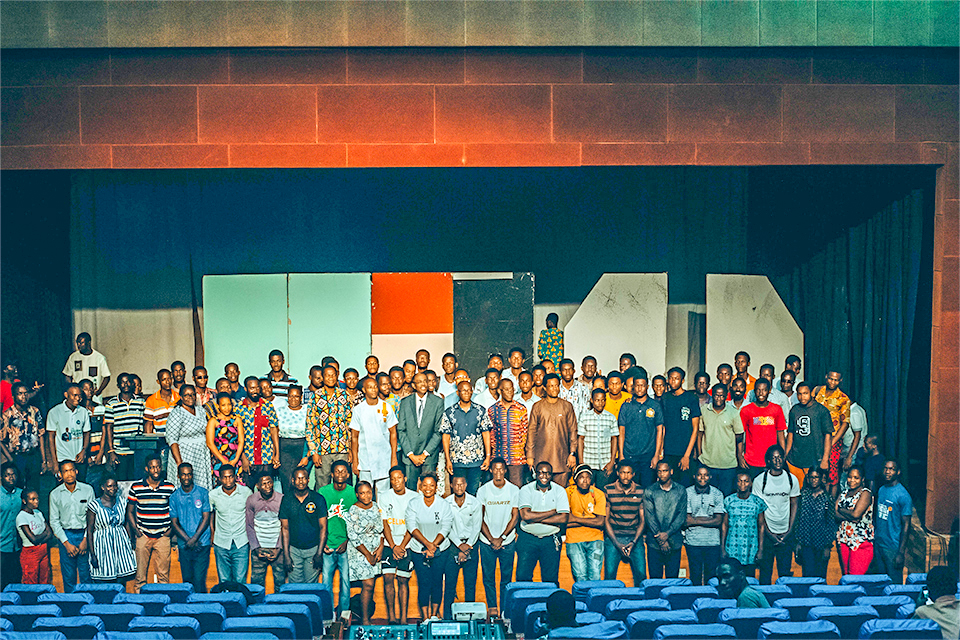
The event concluded with closing remarks from Prof. Acquah, who reflected on the depth of insights shared during the lecture. He reiterated the importance of intellectual property in both academia and the creative industries, while also hinting at future collaborations between UEW and international institutions to enhance learning opportunities for students and faculty. “We believe this is just the beginning of meaningful partnerships that will drive innovation and knowledge sharing,” he said.
The interactive session enabled students and faculty to engage directly with Dr. Kwakwa, making the event both enriching and educational. This gathering not only highlighted the importance of intellectual property in today’s rapidly evolving world but also marked a significant milestone for UEW in promoting discussions on innovation, creativity, and legal protection.
The success of this groundbreaking event signals UEW’s commitment to intellectual property education and its role in shaping the future of creative and technological advancements in Ghana and beyond.









